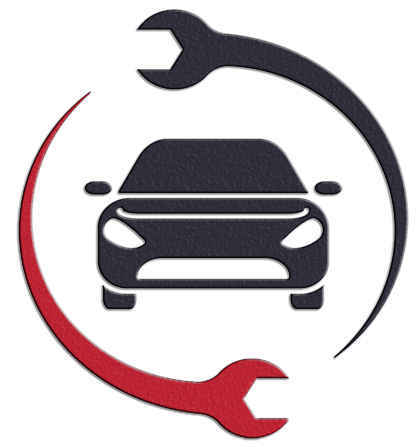Why does my car thump when i accelerating?
Experiencing a thumping sensation while accelerating in your car can be disconcerting, signaling potential underlying issues that warrant attention. Delving into the root causes of this phenomenon is essential for safeguarding both the health of your vehicle and your safety on the road.

Identifying Potential Causes:
Tire Wear and Balance
Over time, tires can wear unevenly or become unbalanced, resulting in noticeable thumping sensations, particularly at higher speeds. This can stem from various factors, including improper tire rotation or alignment issues.
Suspension System Complications
A worn-out or damaged suspension system, encompassing components – example: struts, shocks, or bushings, can lead to excessive bouncing during acceleration, thereby generating thumping sensations.
Engine Mount Problems
Broken or worn engine mounts may permit excessive engine movement, which manifests as thumping or knocking sounds during acceleration, especially noticeable during gear shifts.
Transmission Troubles
Transmission-related issues, example: worn-out gears or low fluid levels, can translate into thumping sensations while accelerating, often accompanied by slipping or difficulty in gear shifting.
CV Joint Degradation
Damaged or worn Constant Velocity (CV) joints, commonly found in front-wheel-drive vehicles, can produce rhythmic thumping or clicking sounds during acceleration, particularly pronounced during turns.
Brake Caliper Malfunctions
Sticking or malfunctioning brake calipers can cause uneven braking, resulting in thumping sensations during acceleration, especially if the brakes are dragging.
Taking Action

- Tire Inspection and Maintenance
Regularly monitor tire pressure and tread wear, and ensure proper tire rotation and wheel balancing to mitigate thumping caused by tire-related issues.
- Suspension System Evaluation
Seek assistance from a qualified mechanic to inspect and rectify any worn or damaged suspension components contributing to thumping sensations.
- Engine and Transmission Assessment
Consult a professional to diagnose and address any engine mount or transmission-related issues that may be causing thumping sensations during acceleration.
- CV Joint Examination and Replacement
If suspecting CV joint problems, arrange for an inspection and replacement, if necessary, to prevent further damage and ensure safe vehicle operation.
- Brake System Inspection
Ensure optimal brake function by examining calipers, pads, and rotors for signs of wear or sticking, and proceed with replacement or repair as required.
Facts

- Tire Rotation Benefits
Regular tire rotation not only extends tire life but also fosters smoother and quieter operation by distributing wear evenly across the tires.
- Enhancing Suspension Performance
Upgrading suspension components or fine-tuning settings can enhance vehicle handling and comfort, effectively reducing thumping sensations during acceleration.
- Innovations in CV Joint Technology
The evolution of Constant Velocity joints has played a pivotal role in automotive design, facilitating smoother power transfer to the wheels while minimizing vibration and noise.
Swiftly addressing thumping sensations during acceleration is imperative to prevent further vehicle damage and uphold a secure driving environment. Entrusting the diagnosis and repair process to a qualified mechanic ensures comprehensive resolution of the underlying issues.












